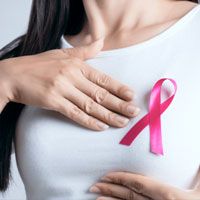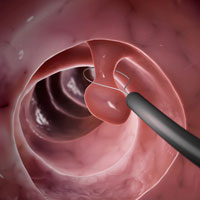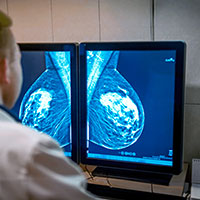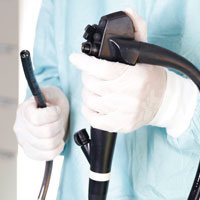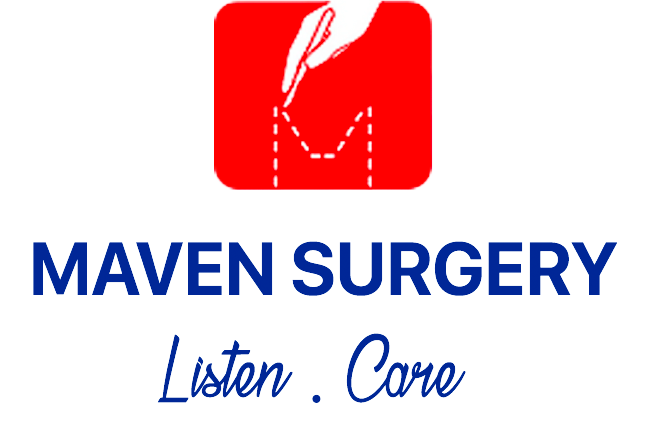Breast Cancer Treatment Options By Stage
Breast cancer occurs when one’s breast cells start dividing abnormally and rapidly. The stages of breast cancer range from 0 to 4, depending on the size of the tumour, the number of lymph nodes affected, and whether or not cancer has spread to other parts of the body (beyond the breast tissue). Each stage require a different combination of breast cancer treatment.
To diagnose breast cancer and identify its stage, your breast doctor needs to perform tests such as mammograms, ultrasounds and MRIs.
Stage 0
This stage is non-invasive breast cancer or ductal carcinoma in situ (DCIS). Stage 0 happens when the precancerous or cancerous cells are limited to the milk ducts. Speak to your breast cancer surgeon for early treatment, which may include:
Surgery
Your breast surgeon may perform a lumpectomy, which removes the abnormal cells from your breast. This is an option when these cells are confined in one area.
If the cancer cells are found throughout your breast, the surgeon may recommend a mastectomy, which is an operation to remove the entire breast. A breast reconstructive surgeon can reconstruct your breast during your mastectomy or at a later date.
Radiation Therapy
A high-energy X-ray can help destroy cancer cells and prevent them from spreading. Radiation therapy is often recommended following a lumpectomy for stage 0 breast cancers.
Hormone Treatment
A breast cancer patient may be oestrogen receptor-positive (ER+) or progesterone receptor-positive (PR+). Depending on her condition, hormone treatment may be recommended in addition to surgery.
Stage I Breast Cancer
Stage I breast cancer has two subcategories, known as 1A and 1B.
Stage 1A is a tumour measuring 2 cm or less that has not spread outside the breast. In stage 1B, the cancer is found in the surrounding lymph nodes with either a tumour of not more than 2 cm or no tumour in the breast at all. Treatment may involve a combination of:
Surgery
Your breast cancer surgeon will recommend either a lumpectomy or mastectomy. This depends on the size and location of the primary tumour, genetics, family history, and personal preference.
Radiation Therapy
This is usually recommended for stage 1 breast cancer patients not over 70 years old.
Hormone Therapy
Hormone therapy helps control oestrogen levels and reduce the risk of the cancer recurring.
Chemotherapy
Chemotherapy is usually recommended when breast cancer is triple-negative breast cancer (TNBC). Meaning, the patient is negative for oestrogen, progesterone, and HER2.
Stage II Breast Cancer
Stage II breast cancer has two subcategories – 2A and 2B.
Stage 2A means that the tumour is less than 2 cm and has spread to one to three nearby lymph nodes; or, the tumour is 2 to 5 cm but has not spread to the axillary lymph nodes. Stage 2B is when the tumour measures 2 to 5 cm and has spread to between one to three nearby lymph nodes; or, the tumour is larger than 5 cm but has not spread to any lymph nodes.
Surgery is the most common type of treatment at this stage. Other breast cancer treatment for stage II includes:
Combination Therapy
Your breast surgeon may recommend a combination of radiation therapy, chemotherapy, and hormone therapy depending (if suitable).
Stage III Breast Cancer
Stage III breast cancer comprises sub-stages of 3A, 3B and 3C.
Stage 3A is when cancer has spread to four to nine axillary lymph nodes; or, it has enlarged the internal mammary lymph nodes.
In stage 3B, a tumour of any size has affected the chest wall or skin. It may also have spread to up to nine axillary lymph nodes or lymph nodes in the breast bone. When cancer has spread to the breast skin, you may develop inflammatory breast cancer (IBC).
Stage 3C means that the tumour is present in 10 or more axillary lymph nodes.
Stage 3 breast cancer treatment includes chemotherapy, surgery, and radiation. Hormone therapy and targeted therapies may be recommended if deemed necessary.
Stage IV Breast Cancer
Stage 4 is the most advanced stage, where breast cancer has already metastasized. This means that cancer has spread to the near and distant lymph nodes, as well as other organs. While metastatic breast cancer cannot be cured, it can be treated by aggressive systemic therapy.
Your breast surgeon in Singapore may recommend a combination of chemotherapy, hormone therapy, radiation therapy or surgery. Targeted therapy may be helpful in some cases, to target the proteins that allow cancer to grow.
Breast cancer is the most common cancer in women. Having timely breast cancer screening in Singapore and targeted treatment goes a long way in increasing survival rates. If you feel any lump in your breasts, do not hesitate to have it evaluated by a breast doctor.
Maven Surgery is a breast clinic that provides specialist care for breast cancer. Contact us for personalised advice and screening today.
“From Diagnosis to Recovery, We're with You Every Step”
For appointments and enquiries, contact us via form below or call us at (+65) 6355 5285
Mount Elizabeth Novena Specialist Centre
38 Irrawaddy Road #06-33,Singapore 329563
Parkway East Medical Centre
319 Joo Chiat Place #02-05,Singapore 427989
Farrer Park Medical Centre
1 Farrer Park Station Rd #15-13,Singapore 217562
Tel : (+65) 6355 5285
Whatsapp : (+65) 6355 5285
Operating Hours: Monday to Friday: 9:00 AM to 5:00 PM Saturday: 9:00 AM to 1:00 PM Closed on Sundays and Public Holidays

